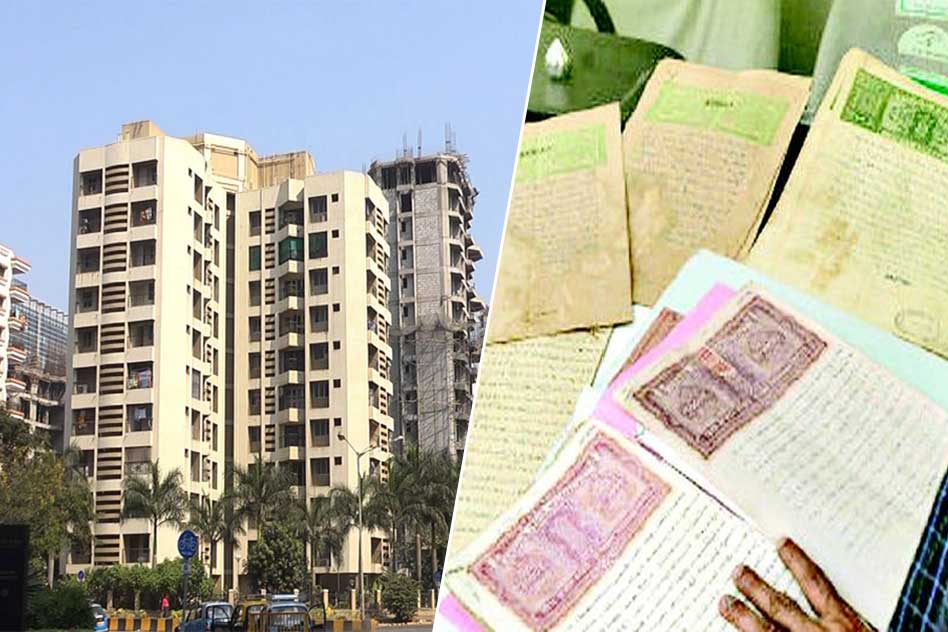
Read To Know: Things To Keep In Mind While Buying A Property
27 Dec 2016 9:43 AM GMT
Owning a house is a dream for everyone. It is among the biggest investments that a person will make in their life. The financial pressure while investing in a property is significant as it is. But it also comes with myriad other things that need to be checked and verified, from ownership documents to no objection certificates from different organisations. Along with this, with the increase in the number of real-estate scams, there is the added worry of ensuring that the property deal is not a scam.
First steps
Check credentials – Check the ownership of the land by asking for the land allotment letter. This is given when the land is purchased from a government agency.
Get a written agreement – All the initial agreements and terms discussed should be maintained in writing. This includes payment plans, the schedule for delivery and significant milestones, date of delivery of papers and keys, etc.
Document Checklist
Sale Deed – This is the proof of ownership. It is critical to have this document, and the property should be registered immediately.
Ownership deed or mother deed – This document lists all the previous owners. It is necessary to have this document to ensure that there are no possible legal hassles. It will also make it easy to re-sell the property to someone else in future with details of previous ownership.
Other certificates and approvals – land use certificate, tax certificates, building plans, floor plans, safety certificates, environmental approvals, NOCs from local civic bodies such as electricity board, water and sewage control board, etc. need to be checked before buying.
Common real-estate scams
Due to the many procedures, we often tend to enlist the help of mediators or brokers to buy and sell a property. Lack of knowledge has led to a significant market for real estate scams. Here are some things to be wary of.
Fake documents – Stamp papers used for agreements are created to look like genuine title deeds. The only way to check if a property deed is authentic is at a sub-registrar office. It is possible that such land is originally someone else’s. If they return to claim it, it will lead to long legal battles.
Existing loans attached to property – People may have two loans taken against a single property as collateral. This is called double mortgage. We should be aware of such properties, as once the land is transferred, the bank can ask the new owner to be liable for loan repayment. Whether or not a property has been mortgaged can be checked at the sub-registrar office.
Unauthorised selling of government land – This is the most common type of fraud. Scamsters show government land and fake layouts to prospective buyers. Once they receive money, they disappear. Not only do we lose the money, but the sale will be considered invalid since it is government land and not sold legally.
More than one owner – Fraud intermediaries also employ the technique of selling the same site/property to multiple people and escape with the money. It then leads to legal problems. The first legal buyer will be at an advantage in such cases.
Illegal encroachment – Scam builders also have the tendency to build on adjacent vacant plots and selling this as part of their property. This property will be the centre of dispute when the original owner comes back.
This article is brought in association with Experion Real Estate who believe that customers are the priority and that every person buying a house should be armed with all the correct information because it is only through trust that enduring relationships can be built.
 All section
All section













